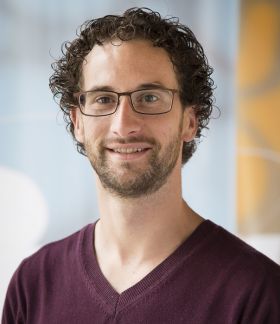Course Overview
Our brains keep developing until we are approximately 25 years of age. The development of brains is influenced by environmental factors such as the amount and quality of sleep, who we associate with, but also physical activity and nutrition.
Would you like to learn how environmental factors affect the functioning of adolescent brains? Are you interested in the effect upbringing has on this?
This MOOC will examine these factors in greater depth. After an introduction into the general theme, subjects such as nutrition and learning; sleep and learning; and physical activity and learning. The role of upbringing as related to learning will also be discussed.
Are you interested in research? Then you can also delve deeper into the different subjects through the use of different assignments.
Certification and Additional Info
U kunt EMMA certificaat van deelname ontvangen na het inleveren van de eindopdracht (geen kosten aan verbonden).
U kunt ook per les een certificaat van deelname ontvangen voor lessen 2, 3, 4 en 5 indien u de eindopdracht van desbetreffende les instuurt en aanvraag indient
EMMA certificate of completion available (free) upon submission of the final assignment
EMMA certificate of completion of a lesson (free) upon submission of the assignment of this lesson
Course Structure
- Lesson 1 - Introduction to EMMA
- Lesson 2 - Brain, lifestyle and learning
- Lesson 3 - Nutrition and Learning
- Lesson 4 - Sleeping and Learning
- Lesson 5 - Physical activity and Learning
- Lesson 6 - Nurture and Learning
- Lesson 7 - Integration
Teacher
Olga Firssova, EMMA Project
Dr. Olga Firssova is universitair docent bij het Welten-instituut, Centrum voor Leren, Doceren en Technologie van de Open Universiteit Nederland. In de afgelopen tien jaar heeft Firssova betrokken geweest bij het ontwikkelen van cursussen en curriculum ontwerp, kwaliteitzorg en evaluatieprojecten. Ze is docent van de Masteropleiding Onderwijswetenschappen waar ze meerdere cursussen verzorgt. Firssova doet onderzoek naar de ontwikkeling van schrijfvaardigheid en academische vorming, onderzoekend leren met ict. Kennisontwikkeling in MOOCs is een nieuw onderzoeksterrein. Firssova is betrokken bij de Europese projecten weSPOT en EMMA.
Dr. Olga Firssova is Assistant professor at WELTEN Institute, Centre for Learning, Teaching and Technology, Open University Netherlands. Firssova has been involved in course and curriculum design, quality assurance and evaluation projects at the OU for 10 years and has been teaching various courses at the Master of Educational Science program. Research interests and areas of expertise include course and curriculum design, academic writing and design for inquiry-based learning with technologies. Knowledge construction in Massive Online courses is her new research interest. Currently Olga is involved in two European projects: weSPOT (working environment for inquiry-based learning) and EMMA (European Multiple MOOC Aggregator).
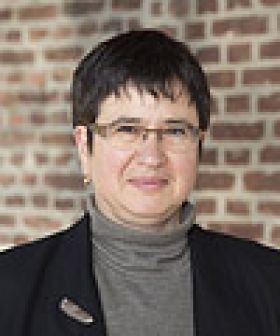
Coauthor
Francis Brouns
Dr. ir. Francis Brouns is in 1998 bij het Welten-instituut (voormalig CELSTEC), het Onderzoekscentrum voor leren, doceren en technologie van de Open Universiteit begonnen. Haar onderzoek richt zich op het ontwikkelen van innovatieve leeromgevingen en het ondersteunen van de levenlang lerenden, met een speciale aandacht voor samenwerkend leren, peer support, leernetwerken en MOOCs.
Dr. ir. Francis Brouns started in 1998 at the Welten Institute (formerly CELSTEC), the Research Centre for Learning, Teaching and Technology of the Open Universiteit. Her research is on developing innovative learning environments and supporting lifelong learners, with a particular focus on collaborative and social learning, peer support, learning networks and MOOCs.
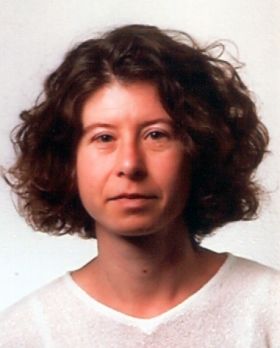
Coauthor
Inge van der Wurff, EMMA Project
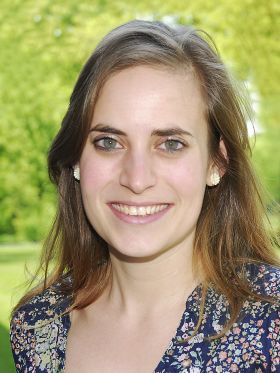
Coauthor
Renate de Groot, EMMA Project
Renate de Groot is
appointed as Associate Professor at the Welten Institute (previously known as
CELSTEC (Centre for Learning Sciences and Technologies)), Faculty of Psychology
and Educational Sciences, Open University of the Netherlands.
Renate’s scientific
interest is centred on the biopsychological determinants (physical activity,
nutrition, and sleep) of learning and cognition in lifelong perspective. Both
observational studies as well as intervention studies are part of her core
business. Since her own thesis defence in 2003 Renate supervised 11
PhD-students from which five already successfully defended their theses.
Renate’s scientific input has up till now resulted in about fifty publications
in peer reviewed scientific journals.
Renate is chair of the
department Fostering Efficient, Effective and Enjoyable Learning (FEEEL) In
addition she is program leader of the research group Brain, Lifestyle, and
Learning.
In that capacity she has
the daily leadership, she chairs the monthly programme group, she supervises
PhD-students, and she is in charge of the project coordination.
She is the contact person
for a diverse range of collaborators both social as industry oriented. She is
responsible for raising funds within the field of Brain and Learning and
Biopsychological determinants for learning. This resulted in a substantial
amount of financial support for her field of research.
In addition, Renate is
board member of ISSFAL (International Society for the Study of Fatty Acids and
Lipids), one of the most important scientific communities in her field. Renate
also played an important role in the foundation of the ethical committee of the
Open University and is now a well-respected board member of this committee.
Renate is also applied as research coordinator of the Welten Institute.
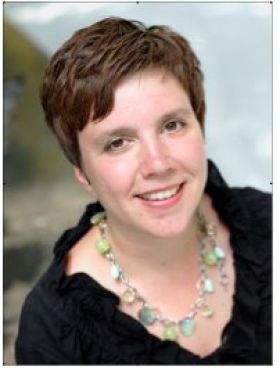
Coauthor
Marije Broens, EMMA Project
Sinds ruim 5 jaar werkt Marije
Broens-Paffen als research assistant binnen de onderwijs(neuro)wetenschap. Zij
werkt momenteel binnen het onderzoek Food2Learn dat onderzoekt of omega-3 vetzuren zoals die in vis voorkomen
de leerprestaties van scholieren kunnen verbeteren. Marije is onder andere verantwoordelijk voor de organisatie,
de communicatie en de samenwerking met leerlingen, ouders en scholen.
Marije heeft voorheen ruime
ervaring opgedaan in het basisonderwijs en voortgezet en speciaal
onderwijs als leerkracht, coach en bouwgroepcoördinator. Tijdens haar studie
"Master Special Educational Needs" ervoer zij de raakvlakken tussen
theorie en praktijk als zeer boeiend. Zij koppelt dan ook met veel plezier en
enthousiasme de wetenschappelijke kennis aan haar praktijkervaring.
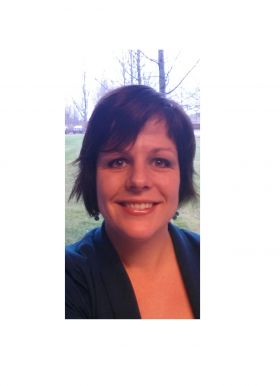
Coauthor
Jérôme Gijselaers, EMMA Project
Jérôme
Gijselaers is universitair docent onder het topic Brein, Leefstijl en
Leren (topic BLL) bij de onderzoekslijn Fostering Efficient, Effective, and
Enjoyable Learning (FEEEL) binnen het Welten-instituut onder de faculteit
Psychologie en Onderwijswetenschappen aan de Open Universiteit.
Zijn onderzoeksfocus
ligt rond de biologische determinanten van leren. Dit zijn hoofdzakelijk de
determinanten beweging, slaap en voeding.
Naast zijn onderzoek werkt hij binnen
de Master Onderwijswetenschappen als cursuscoördinator binnen de cursus ‘Masterscriptie' en begeleidt hij studenten tijdens hun masterscriptie.
